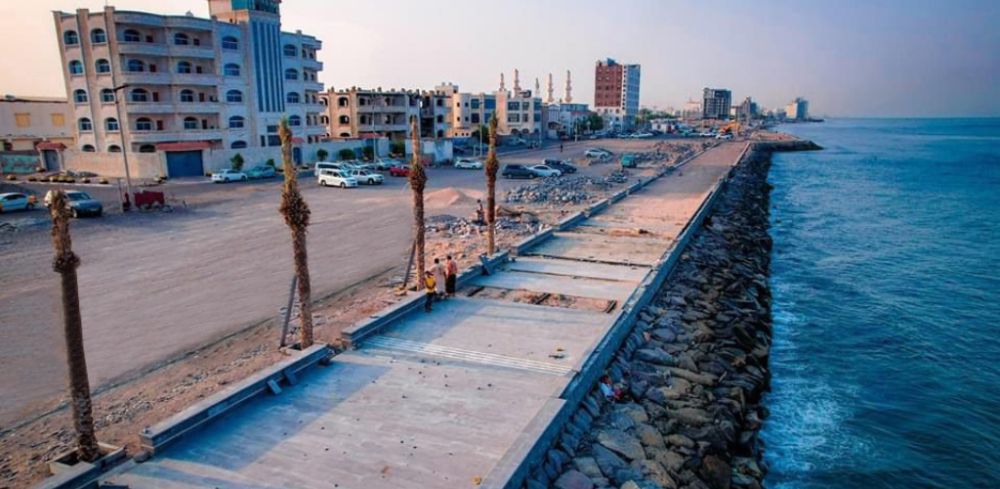

Aden, a port city in Yemen, has historically been a bridge between the East and the West, benefitting from its strategic position at the mouth of the Red Sea. Its waterfront, once a bustling hub of cultural exchange and trade, attracted visitors from all around the world.
The history of tourism in Aden dates back to ancient times when it served as a key stopover for merchant vessels navigating the Red Sea. Its popularity grew during the British rule in the 19th and early 20th centuries. Aden was known for its duty-free port and became a bustling center where goods and ideas were exchanged. As a result, it became a prominent stop for European travelers heading to Asia and vice versa, with hospitality services flourishing to accommodate these visitors.
During the British occupation, which lasted until 1967, Aden's infrastructure was significantly developed. The opening of the Suez Canal in 1869 further increased Aden's importance as a refueling station and rest stop for ships. Visitors were drawn not only for business but also for leisure, as Aden's exotic allure and strategic location made it a desirable destination.
In recent decades, Aden's tourism industry has faced significant challenges. The instability in the region, particularly the ongoing conflict in Yemen that started in 2015, has had a profound impact on the sector. However, prior to the conflict, Aden Waterfront was known for its beautiful beaches and the historical Crater district, which offered a glimpse into the city's past with its Ottoman and British colonial architecture.
The latest tourism trends in Aden and Yemen as a whole are difficult to quantify due to the current situation. Nonetheless, there is interest in eco-tourism and cultural heritage, which could potentially be of great value if stability were to return to the region. The natural beauty of the area and the rich historical context of Aden would offer fertile ground for such tourism initiatives.
The hope for Aden's tourism lies in the eventual return of stability and security to the region. The waterfront, with its historical significance and potential for cultural and recreational activities, could once again become a vibrant destination. For this to happen, there is a need for investment in infrastructure and services, as well as strategic planning that prioritizes sustainable and responsible tourism development. As such, the Aden Waterfront could reclaim its position as an essential cultural hub and a testament to Yemen's rich history and potential future.
While Aden's tourism sector currently faces a multitude of challenges, its Waterfront remains a testament to a storied past and holds the seeds of potential revival. With peace and reconstruction efforts, Aden Waterfront could hope to welcome tourists again, showcasing the resilience and enduring charm of this historic port city.